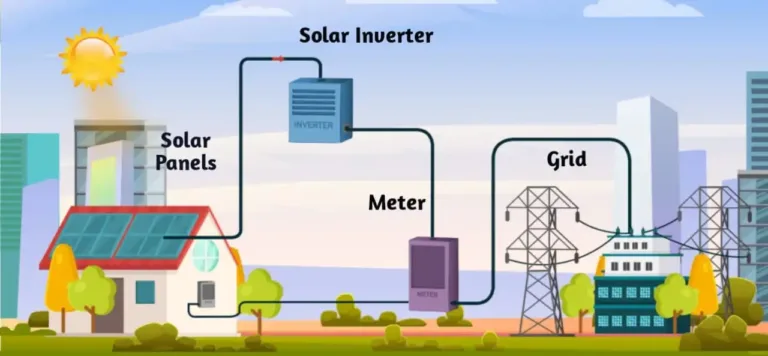Current Electricity unit Rates in Pakistan
The high cost of Electricity in Pakistan affects households and the economy in pakistan. Current Electricity Unit rates, which is a big issue for both individuals and businesses in pakistan. This issue has a negative impact on low- and middle-income families, making it difficult for them to meet their basic needs.
Simple Solution for Big Savings
The high cost of electricity units makes it difficult for small enterprises to stay competitive. Improving energy efficiency, diversifying energy sources, upgrading infrastructure, and guaranteeing open governance in the energy sector are all necessary to address these societal issues. Campaigns to raise public awareness, grassroots initiatives, and stakeholder involvement are critical to gaining support for changes that aim to reduce power prices and promote sustained socioeconomic progress in Pakistan.

Latest Electricity Price Fee unit in Pakistan
The cost of electricity has been increasing to 65 rupees per unit as a consequence of this increment. But the lowest possible price per unit has increased up to 23 rupees. NEPRA has increased the price of power even further. The government officially watched over the whole thing.
Factors Influencing Daily Price Fluctuations:
Based on the most recent information the price of energy per unit in Pakistan changes day by day because of things like the cost of fuel, the value of the currency, and government policies.Efforts are underway to address issues such as circular debt and stabilize support programs, aiming to vary tariff rates for different types of customers
Everything you need to know is right here in the table we’ve provided. Here is a table that shows the percentage increase or decrease in power rates per unit. Make sure to read it carefully.
Residential
| Units | 1 Unit Per Rate |
|---|---|
| 1-100 | 23 |
| 101-200 | 34 |
| 201-300 | 39 |
| 301-400 | 45 |
| 401-500 | 48 |
| 501-600 | 52 |
| 601-700 | 55 |
Commercial Per Unit Rate
| Load Type | Rate per Unit (kWh) |
| Under 5kW load | Rs. 45.15 |
| Over 5kW load | Rs. 48.35 |
Pakistan’s big bills are caused by the fact that electricity unit prices keep going up. However, individuals are turning to solar energy as a result of the consistent and rapid increases in electricity prices. To avoid these enormous electricity expenses, they are utilizing various solar systems.
How to Calculate Electricity Per Unit Prices
It’s very important to understand the method of the calculation of the most current power unit pricing. The number of k (kWh) of electricity is commonly priced in Pakistani rupees (PKR). The unit price can be calculated using the following simple formula:
Unit Price (PKR/kWh) = Total Electricity Bill (PKR) / Total Electricity Consumption (kWh)
The calculation process actively involves dividing the total amount of electrical power paid for during a specific billing period by the total amount of electricity consumed in that period.
Price Structure of NEPRA Electricity
The Price Structure per Unit in Pakistan
- Service charges (not always relevant)
- How the unit price is used is determined by the unit rate.
- Metre Fare (available to a limited number of users)
- Electricity Supply Companies.
- Modifications to the R-Surcharge Tariff on QTR ADJ/DMC gasoline prices
- The current government’s general sales tax (GST), electricity duty, radio charge, and TV fee
Conclusion:
Pakistan’s current electricity unit prices are a reflection of the complicated and persistent issues facing the nation’s energy industry. Even though the rates are subject to change based on a variety of circumstances, including government regulations, fuel prices, and exchange rates, it is critical to address problems like circular debt and advance sustainable energy solutions.
Going ahead, maintaining stable and reasonably priced power rates that promote the country’s economic development would require a concentrated effort on efficiency, transparency, and investment in renewable energy sources.






